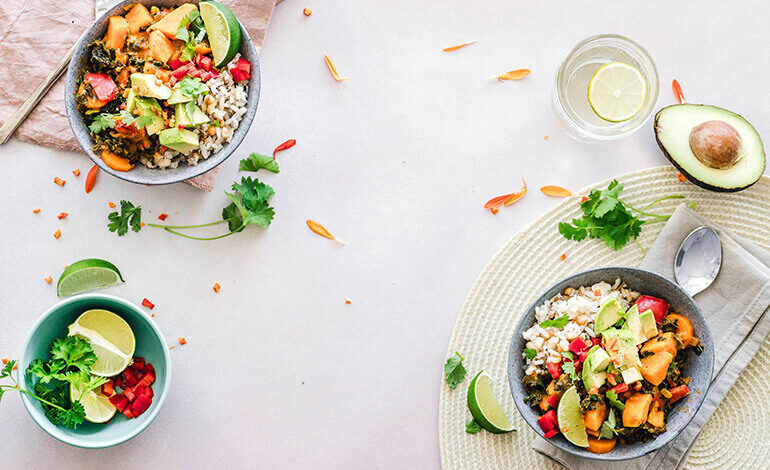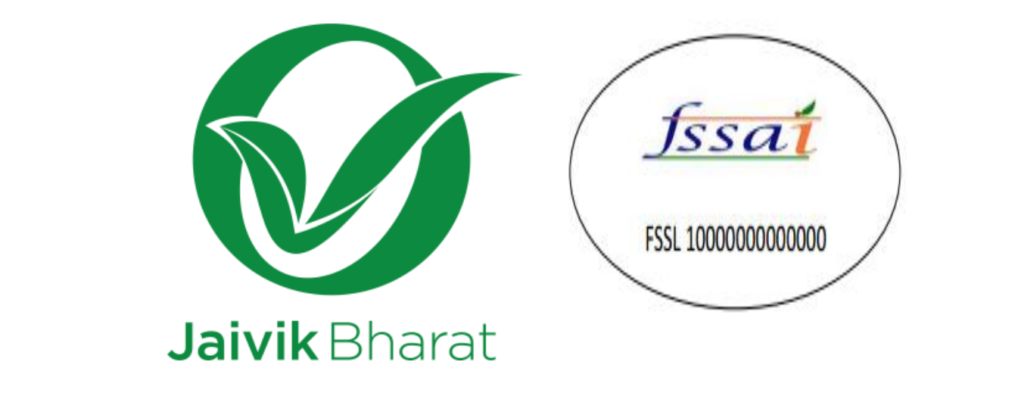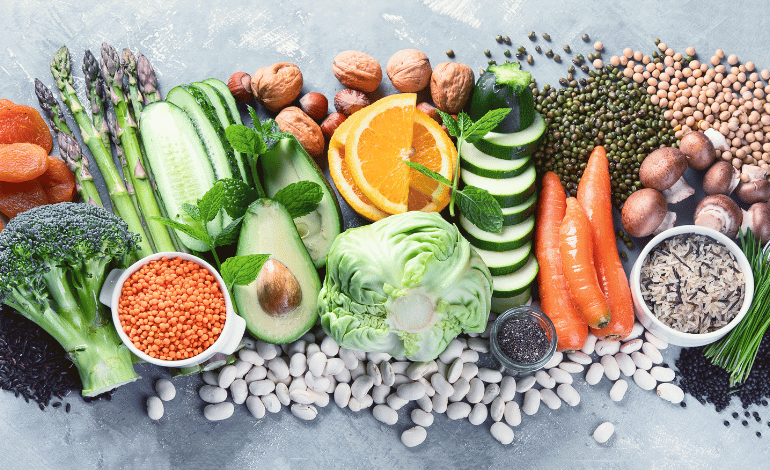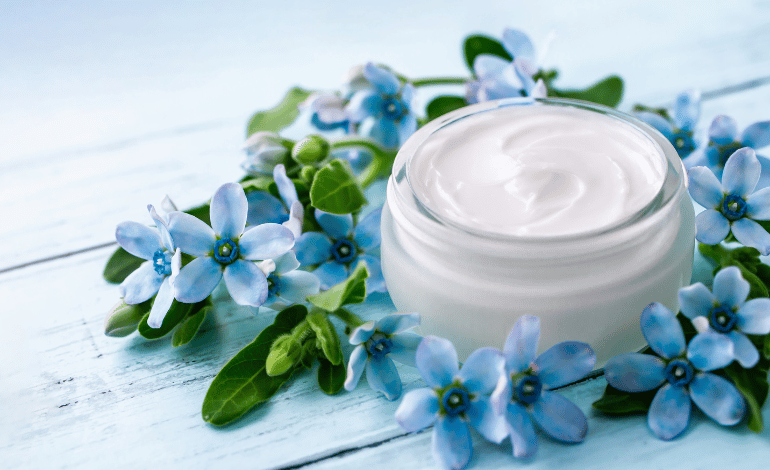Organic Lifestyle

ORGANIC LIFESTYLE. We all must be hearing a word around us “Organic” mostly in relation to raw vegetables, Fruits, Grains, and pulses. We will be understanding the concept and benefits of Organic foods and products here, why it’s so important now, and how we can recognize them and introduce them in our daily Life.
When life started on earth, it was all organic here. But as time passed on Human needs, wants and hunger brought an Industrial revolution and surrounded us with chemicals, fertilizers, pesticides, processed foods, and many more things which further brought deadly diseases like cancer.
What are Organic foods or Products?
Organic products are grown under a system of agriculture without the use of chemical fertilizers and pesticides with an environmentally and socially responsible approach. This is a method of farming that works at grass root level preserving the reproductive and regenerative capacity of the soil, good plant nutrition, and sound soil management, producing nutritious food rich in vitality that has resistance to diseases.
India is bestowed with a lot of potential to produce all varieties of organic products due to its various agro-climatic conditions. In several parts of the country, the inherited tradition of organic farming is an added advantage.
Why it’s important to live an Organic Lifestyle?
Living an Organic Lifestyle is not only good for our health but is also beneficial for our environment, for the earth we live on, for the air we breathe, and for the water we drink. An organic lifestyle can give us Good Health, diseases free, and Long Life because Organic food has more nutrients! This is due to the soil the fruits and vegetables are grown in being more nourished, providing more adequate nutrition than chemically grown foods. From iron to Vitamin C, you will find organic products take in more of the important minerals needed for a healthy diet as they grow.

Five Ways to Live an Organic Lifestyle
The benefits of “going organic” extend far beyond personal health – it also supports other people, animals and the planet! With the organic movement gaining momentum, here we’re sharing our five ways to live an organic lifestyle.
It’s not just about what you buy – it’s an approach that considers the impact of the choices we make every day. Guiding principles of the organic movement consider health, fairness and care for humans, animals, local ecosystems, and the global environment.
Read on for five ways to make your lifestyle more organic.
1. Eat Organic

Your food choices matter! Making the switch to organic foods is one of the main shifts people make towards a healthier, more sustainable lifestyle.
Certified organic foods and beverages must meet a number of standards and strict requirements to bear the Organic logo (all products must be 95% organic or more to meet these standards.) Look for this certification on the stickers or signage of produce, meats, and packaged foods.


Price and accessibility to organic foods may pose issues for some, but there are strategies to help everyone get more organic food into the diet.
- Shop in season and locally whenever possible for the freshest and most affordable options.
- Try to maintain a terrace of balcony garden for fruits and vegetables as much as possible.
- Be selective in what organic foods you choose.
2. Try to Keep an “Organic” Home
Many of the household purchases we make aren’t food – but there are still organic options to consider.
Textiles – you can buy bedding, towels, and clothing made from organic fibres like linen, hemp and cotton grown without toxic pesticides, fertilizers, or GMOs. Natural fibres are generally easier on the environment than synthetics and recycled textiles are also becoming more available, offering another sustainable solution.
Household Cleaners & Personal Care – Ingredients in common household cleaners and personal care products can be inhaled or enter the body through the skin, exposing us to potentially unhealthy side effects. Certain harsh ingredients can also harm waterways and ecosystems when they go down the drain.
There are also more alternatives available, with many companies offering formulas that won’t compromise your health or the environment.

3. Get Familiar with Label Reading
Take a closer look at what you’re purchasing – even a quick label check can help determine if the products you’re purchasing are safe and sustainable.
Producers working to create environmentally friendly and healthy products strive to bring transparency to product labelling, and some key things to look for on all product labels include:
- India Organic Logo
- Free-range/grass-fed/pastured/hormone and antibiotic-free
- Simple, recognizable ingredients
- No harmful chemicals, artificial colors, dyes and flavors
- Biodegradable
- Free of GMOs
- Locally made
4. Get to Know Your Food Producers
Foods that are raised and grown with natural, sustainable agricultural practices don’t always bear an organic certification. Looking into the food production in your area can help you better understand where your food comes from and help you make conscious choices.
Learn more about the organic practices of farmers in your area by chatting them up at a farmer’s market, arranging a farm tour, or even connecting through social media. You may even pick up some inspiration and pointers to grow your own organic garden.
5. Get connected socially with it
Celebrating Organic Gatherings is one way to have fun and share the love of living an organic lifestyle, but you can keep the momentum up all year long.
Organize an organic potluck or picnic, or even start an organic recipe swap or bulk buying group. Take advantage of a seasonal local harvest and set up a preserving party. Host an organic cookbook club and get others on board.
These are ways to advocate and educate others on the benefits of organic options and help make them more accessible and affordable to others.
Making the shift to a more organic lifestyle doesn’t have to be a complicated or expensive process–check out these great tips for healthy living on a budget. Remember, figuring out what works for your lifestyle and budget may take time, but small steps add up for a more sustainable future for everyone.
For More Details on Indian Organic Standards Please visit https://jaivikbharat.fssai.gov.in/









1 Comment
[…] ORGANIC LIFESTYLE […]